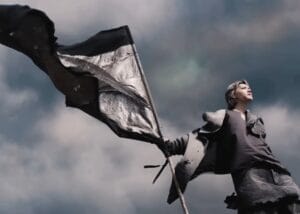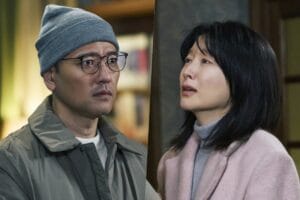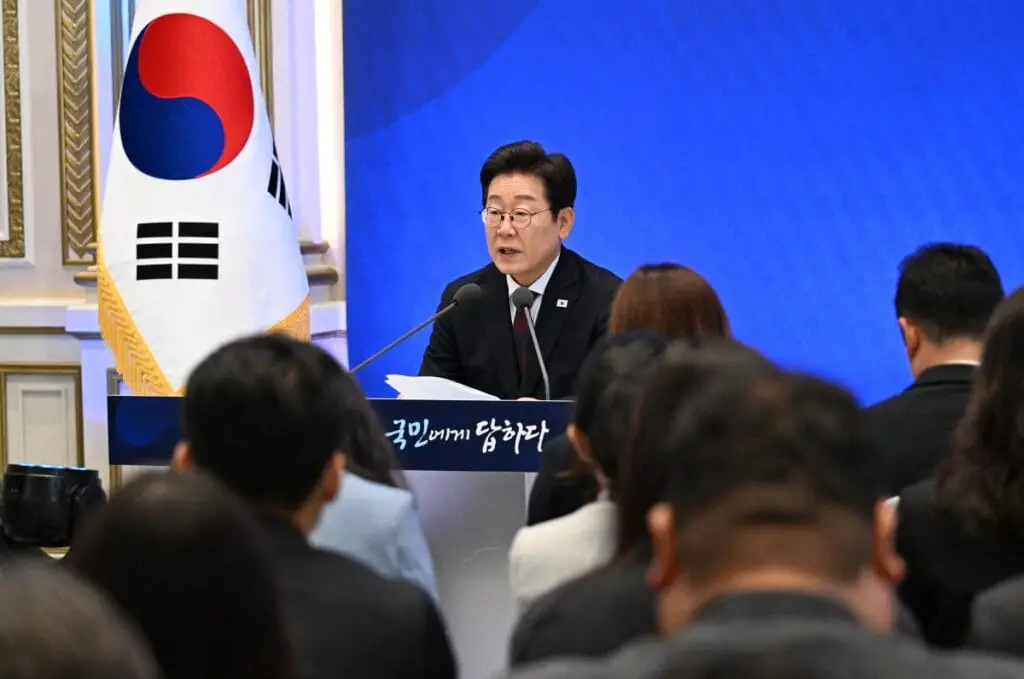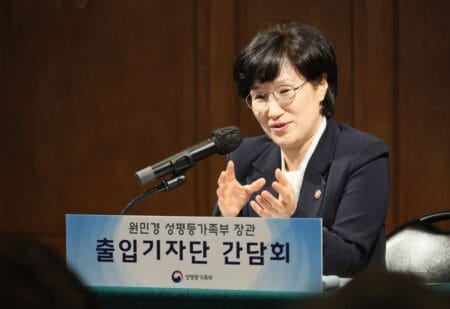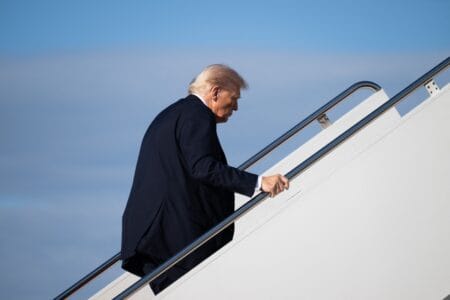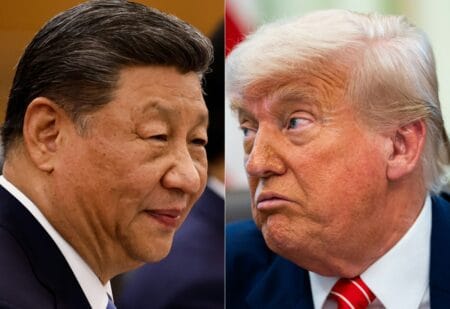July 18, 2025
SEOUL – Foreign Minister nominee Cho Hyun ruled out the possibility of President Lee Jae Myung meeting with Chinese leader Xi Jinping before sitting down with US President Donald Trump, drawing a clear line amid speculation over who Lee will meet in his debut stand-alone summit.
Cho brushed off growing concerns that Lee might visit China first to attend Beijing’s Sept. 3 commemoration marking the 80th anniversary of the end of World War II — even as the date for a summit with Trump in the US still up in the air.
During his confirmation hearing at the National Assembly on Thursday, Cho responded, “That is not going to happen” when asked whether he agreed that attending China’s Victory Day event before holding a South Korea–US summit could send a confusing signal about the alliance.
Cho declined to give a definitive answer when asked whether Lee would attend China’s Sept. 3 celebrations.
However, Cho said in his opening remarks, “We will seek to resume exchanges between the leaders of the two countries at the APEC summit to be held in Gyeongju from late October to early November.”
Cho explained that he has “heard they are in the process of setting the date” with regard to a Lee-Trump summit, dismissing the notion when asked whether the delay could be attributed to the Lee administration’s balancing act between the US and China.
“There is absolutely no intention (within the Lee administration) to take any measures or even consider such an approach for the sake of balancing between (the US) and China.”
Cho also offered a positive outlook on reaching a deal by the Aug. 1 deadline set by Trump for imposing 25 percent “reciprocal” tariffs on South Korea, saying, “Yes, it appears to be possible.”
Concerning the negotiations road map, Cho advocated an all-in-one approach to alliance issues — from tariffs to security matters, including adjustments to Seoul’s defense spending — to be addressed as part of a comprehensive package.
“My view is that we should first pursue sector-by-sector negotiations and then move toward a package deal at the end of the day.”
Regarding South Korea’s relations with China, Cho said the Lee administration would “respond firmly and resolutely at the pangovernmental level to matters concerning our sovereignty, including those in the West Sea, while strengthening strategic communication with China on security issues concerning the Korean Peninsula and the surrounding region.”
Concerns have risen over China’s intention to unilaterally install structures within the Provisional Measures Zone — a jointly managed area agreed upon by the two countries in the West Sea — from 2018 to 2024.
The PMZ was established under the Korea-China Fisheries Agreement signed in 2000, since the two countries have overlapping exclusive economic zones, without delineating a clear maritime boundary.
Asked whether China’s unilateral installation of structures violates the agreement, Cho answered, “It is clearly a violation of the spirit of the agreement.”
“Regarding such actions (by China), we will lodge a strong protest and take appropriate countermeasures, while working to devise a range of firm response options,” Cho said.
Asked whether Seoul is considering a proportional response — such as installing its own structures — if China continues to refuse to dismantle those in the PMZ, Cho responded, “We should conduct a comprehensive review that includes such options.”
On North Korean issues, Cho said the Lee administration would “strive to make substantive progress on peace on the Korean Peninsula and the resolution of the North Korean nuclear issue.”
“Above all, we will work to ease inter-Korean tensions and pave the way for the resumption of dialogue with North Korea, based on close coordination with the US.”
To that end, Cho said he was open to scaling down the regularly staged large-scale outdoor combined military exercises between South Korea and the US.
“The Korea–US combined military exercises have long played a crucial role in maintaining our deterrence posture,” Cho said, pointing to the precedent of the suspension of large-scale field training exercises from 2018 to 2022.
“However, as we saw in 2018, I believe that, based on the alliance and mutual agreement between the two countries, some adjustments can be made if necessary,” he added.
Asked whether he defines North Korea as South Korea’s “enemy,” Cho answered, “North Korea is an urgent and existential threat that could turn into an enemy, but at the same time, it is also a counterpart with whom we must engage in dialogue to build peace and stability on the Korean Peninsula.
“This duality defines its nature.”
But Cho further elucidated that he could not agree with Unification Minister nominee Chung Dong-young’s assertion that the conservative Lee Myung-bak administration’s hard-line North Korea policy bears partial responsibility for the sinking of the ROKS Cheonan and shelling of the island of Yeonpyeongdo by North Korea in 2010. Both resulted in South Korean casualties and loss of life.
“Some may make that argument, but that wasn’t my view,” Cho said, referring to his role in reviewing the option of bringing the issue to the UN Security Council as deputy minister for multilateral and global affairs at the Foreign Ministry at the time.
dagyumji@heraldcorp.com
